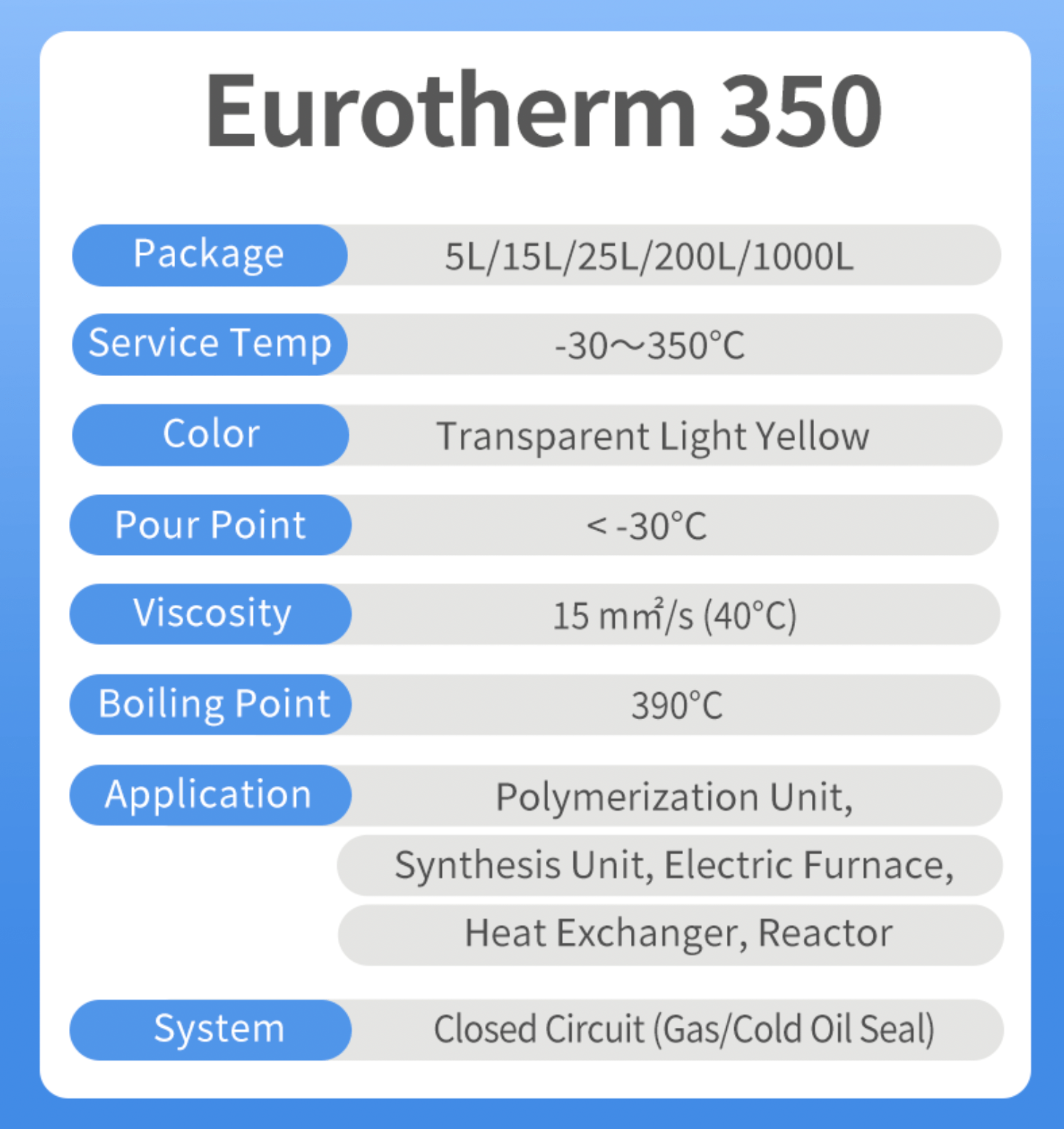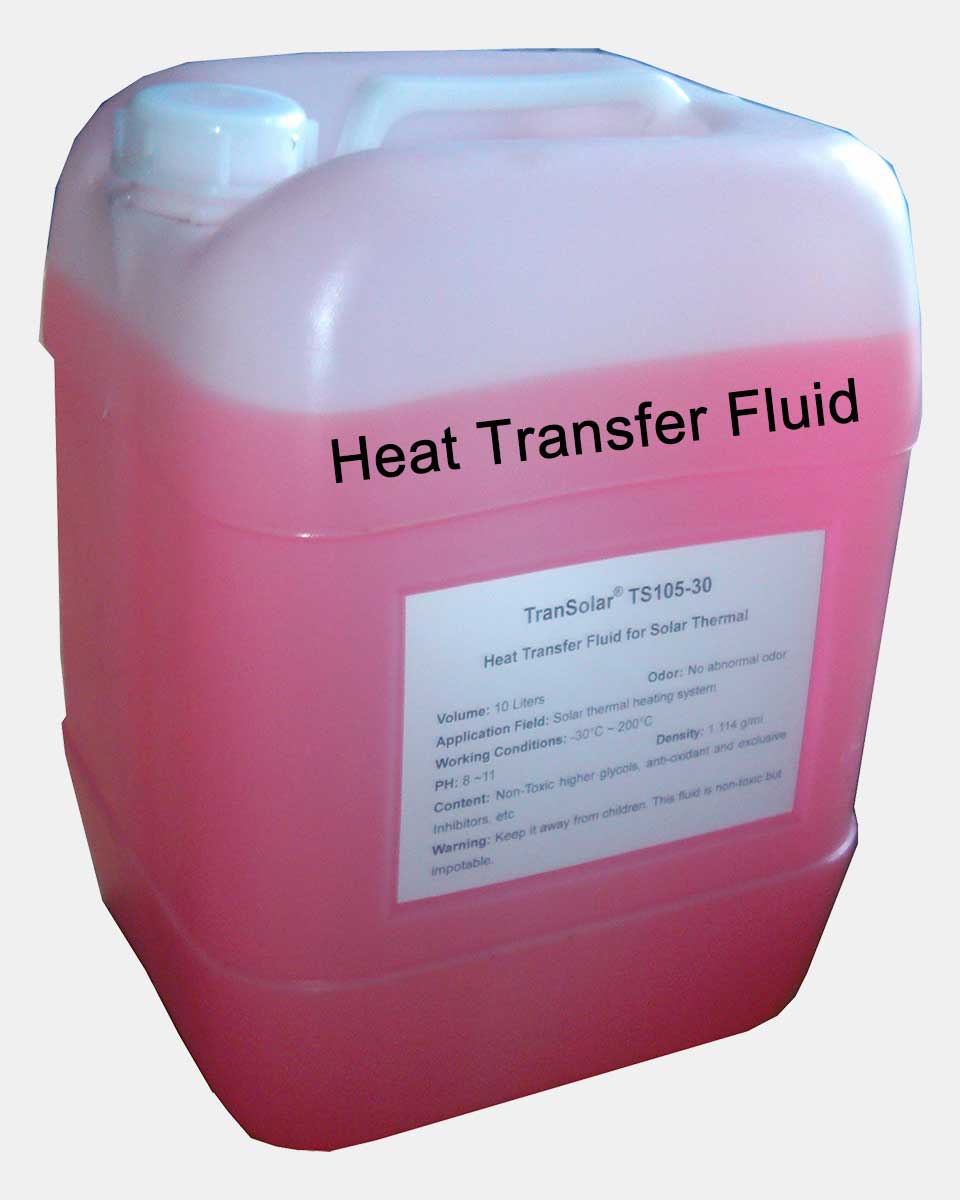Why Propylene Glycol is a Leading Choice for Safe Heat Transfer Fluid
Why Propylene Glycol is a Leading Choice for Safe Heat Transfer Fluid
Blog Article
Why Choosing the Right Heat Transfer Fluid Is Essential for Optimal System Effectiveness
Picking an ideal heat transfer liquid is an essential decision that can substantially affect system effectiveness and functional costs. The ideal liquid not only enhances thermal efficiency yet also ensures long life and dependability of equipment, reducing the danger of costly downtimes. Key residential properties such as thermal conductivity, viscosity, and thermal stability needs to be very carefully assessed to optimize energy intake and avoid possible failings. As the effects of this option extend far beyond prompt performance, recognizing the nuances of fluid selection becomes vital for anybody aiming to accomplish optimal system effectiveness. What elements should be focused on in this important decision-making process?
Significance of Heat Transfer Fluids
What duty do warmth transfer liquids play in commercial processes? Warm transfer fluids are essential for the efficient transfer of thermal energy within various industrial systems. They facilitate the motion of heat from one area to an additional, ensuring that processes run within optimum temperature varieties. Their primary feature is to soak up warmth from a source, such as a heater or activator, and deliver it to an end individual, like a heat exchanger or distillation column.
The option of warm transfer liquid can substantially influence power tools, safety and security, and efficiency durability. Fluids have to can enduring heats and pressures without weakening, as well as exhibit minimal volatility and reduced toxicity. Their efficiency directly influences not just the productivity of the system however also its functional prices.
In addition, warm transfer fluids play an essential duty in preserving procedure control, ensuring that temperature level fluctuations are minimized. This is especially important in delicate applications such as petrochemicals and pharmaceuticals, where exact temperature level management is critical. Overall, the significance of choosing the right heat transfer liquid can not be overstated, as it is essential to enhancing commercial processes and improving general system performance.
Secret Residence to Take Into Consideration
When choosing a warm transfer liquid, which vital homes should be focused on to guarantee optimum efficiency? Firstly, thermal conductivity is essential; a fluid with high thermal conductivity will efficiently transfer warmth, minimizing energy loss. Additionally, the details warm capacity of the fluid is crucial, as it establishes just how much power the fluid can store and release, influencing total system responsiveness.
Thickness is an additional considerable residential property to think about, as it influences the fluid's circulation qualities; reduced viscosity liquids are generally chosen for much easier blood circulation and decreased pumping power. The liquid's temperature array is just as essential; it should carry out properly within the functional temperatures of the system without degrading or vaporizing.
Chemical stability is important to stop degradation in time, which can lead to system ineffectiveness and prospective failings - heat transfer fluid. Compatibility with system materials need to not be forgotten to prevent deterioration or damages to parts. Lastly, take into consideration the ecological impact and safety and security account of the fluid, as guidelines and sustainability objectives progressively influence liquid selection. By focusing on these vital residential or commercial properties, one can pick a heat transfer fluid that boosts system durability and integrity.

Effect On System Effectiveness
The choice of warm transfer liquid straight affects system performance, influencing both energy usage and operational efficiency. A liquid's thermal conductivity, viscosity, and warm capability play essential roles in just how efficiently it transfers warm within a system. Optimum liquid residential or commercial properties ensure that warm is absorbed and dispersed effectively, minimizing power losses and enhancing the overall performance of the system.

Furthermore, the compatibility of the liquid with system materials can substantially influence efficiency. A liquid that triggers rust or destruction can cause leakages and system failures, further lessening performance. In recap, the right warm transfer liquid not only maximizes energy efficiency and decreases prices but also enhances the reliability and longevity of the system, making it a crucial consideration for engineers and decision-makers in thermal monitoring applications.
Usual Kinds Of Heat Transfer Fluids
A range of heat transfer fluids are frequently used in thermal management systems, each with distinctive residential or commercial properties suited to particular applications. Water is just one of one of the most extensively utilized warmth transfer fluids because of its high specific warm ability, inexpensive, and availability. Its cold point restricts its use in low-temperature applications.
Thermal oils, commonly stemmed from oil, are one more prominent selection, especially in high-temperature systems. These liquids can run at raised temperature levels without evaporating, making them ideal for industrial applications. They may have constraints concerning thermal security.
Refrigerants, made use of mostly in cooling down systems, have unique thermodynamic homes that permit efficient warm transfer at reduced temperature levels. Their choice is vital to guarantee performance and compliance with ecological policies.

On top of that, phase adjustment products (PCMs) are acquiring traction for their ability to soak up and release significant amounts of heat during phase shifts, supplying an unique service for thermal energy storage. Each liquid's details features must be examined for optimum efficiency.
Finest Practices for Choice
Picking the suitable warmth transfer try here fluid entails careful factor to consider of numerous vital aspects that align with the certain demands of the application. First, analyze the operational temperature level range. The fluid must preserve its residential properties and effectiveness across the desired temperature level spectrum. Second, think about the fluid's thermal conductivity, which impacts warmth transfer rates; greater thermal conductivity generally results in improved performance.
In addition, assess the fluid's viscosity, as it affects pumping power and total system effectiveness. Reduced viscosity liquids generally reduce power intake throughout blood circulation. Compatibility with system products is an additional essential aspect; ensure that the liquid does not cause rust or destruction of parts and pipes.
Next, take into consideration the liquid's security and longevity, particularly in high-temperature applications. A secure liquid minimizes upkeep and substitute prices. Environmental and security laws ought to assist your selection procedure, stressing ecologically pleasant and non-toxic options when feasible.
Final Thought
Finally, picking the ideal heat transfer fluid is important for achieving optimal system efficiency. The ideal liquid enhances thermal conductivity, lowers power losses, and promotes devices longevity, eventually resulting in enhanced system reliability and efficiency. Understanding the key residential or commercial properties and impacts of numerous liquids on system effectiveness is vital for educated see this page decision-making. Adhering to ideal techniques in liquid selection can result in considerable long-lasting price savings and operational performance.
Heat transfer fluids are crucial for the reliable transfer of thermal power within various commercial systems. In addition, the details warmth ability of the fluid is crucial, as it establishes just how much energy the fluid can keep and launch, influencing overall system responsiveness.
Take into consideration the environmental effect and security profile of the liquid, as policies and sustainability goals progressively affect liquid choice - thermal oil. A fluid's thermal conductivity, viscosity, and warmth capability play essential duties in exactly how properly it moves heat within a system. Water is one of the most extensively made use of heat transfer liquids due to its high particular warm capability, reduced cost, and availability
Report this page